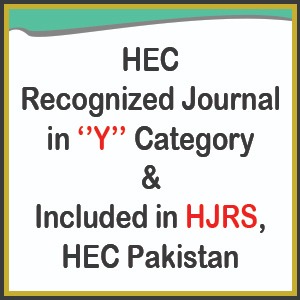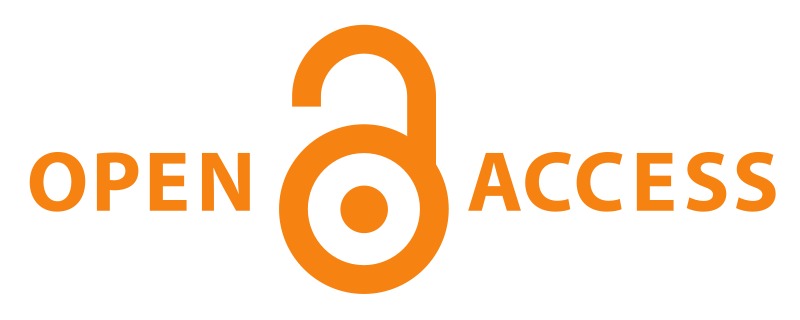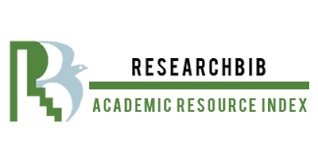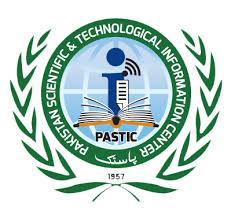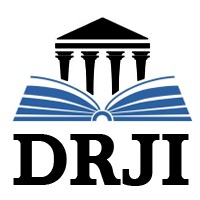Plagiarism Policy
At the Journal of Applied Engineering & Technology (JAET), maintaining the highest standards of integrity and originality is paramount. Plagiarism, in any form, is considered a serious ethical violation. The journal defines plagiarism as the practice of using another individual’s ideas, processes, results, or words without proper acknowledgment or authorization.
Scope of the Policy
-
Types of Plagiarism
- Direct Plagiarism
- Verbatim copying of text, figures, or data without citation.
- Self-Plagiarism
- Reusing significant portions of one’s previously published work without acknowledgment or proper citation.
- Paraphrasing Plagiarism
- Rewording ideas from another work without proper attribution.
- Mosaic Plagiarism
- Combining content from various sources without proper attribution.
- Insufficient Acknowledgment
- Failure to credit sources for significant contributions.
- Direct Plagiarism
-
Coverage
This policy applies to all submissions, including research articles, review papers, case studies, and any other type of content submitted for publication in the journal.
Plagiarism Detection
- All submissions undergo rigorous screening using advanced plagiarism detection software to ensure originality.
- Manuscripts with a similarity index exceeding the acceptable threshold (typically 15%, excluding references, quotes, and commonly used phrases) will be flagged for review.
Consequences of Plagiarism
If plagiarism is identified, the following actions will be taken based on the severity of the case:
- Minor Plagiarism
- Authors will be notified and required to revise the manuscript to address issues.
- Moderate Plagiaris
- Manuscripts will be rejected outright, and authors may be barred from submitting to the journal for a specified period.
- Severe Plagiarism
- The manuscript will be rejected, and the authors’ institution(s) and funding body (if applicable) will be informed of the ethical breach.
Responsibility of Authors
Authors are required to:
- Submit only original work that has not been published elsewhere or is under review by another publication.
- Properly cite all sources, including ideas, text, data, and graphics from other works.
- Obtain permission for the use of copyrighted materials.
Role of Reviewers and Editors
Reviewers and editors are encouraged to report any suspected plagiarism during the review process. The editorial board will thoroughly investigate such reports before making a final decision.
Appeal Process
Authors may appeal decisions related to plagiarism findings by providing evidence or justification in writing. Appeals will be reviewed by the editorial board, whose decision will be final.
Acknowledgment and Updates
The journal reserves the right to update this policy as needed to address new challenges in academic publishing and ethical conduct.



